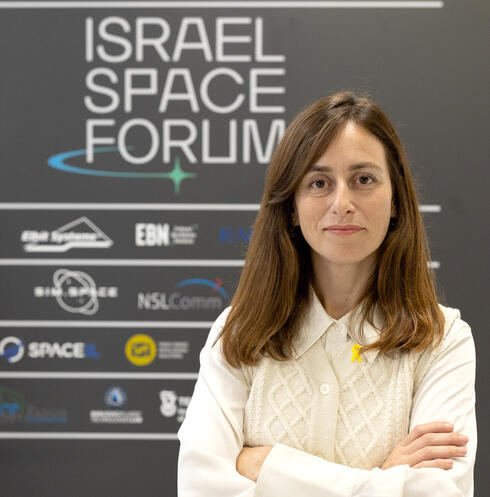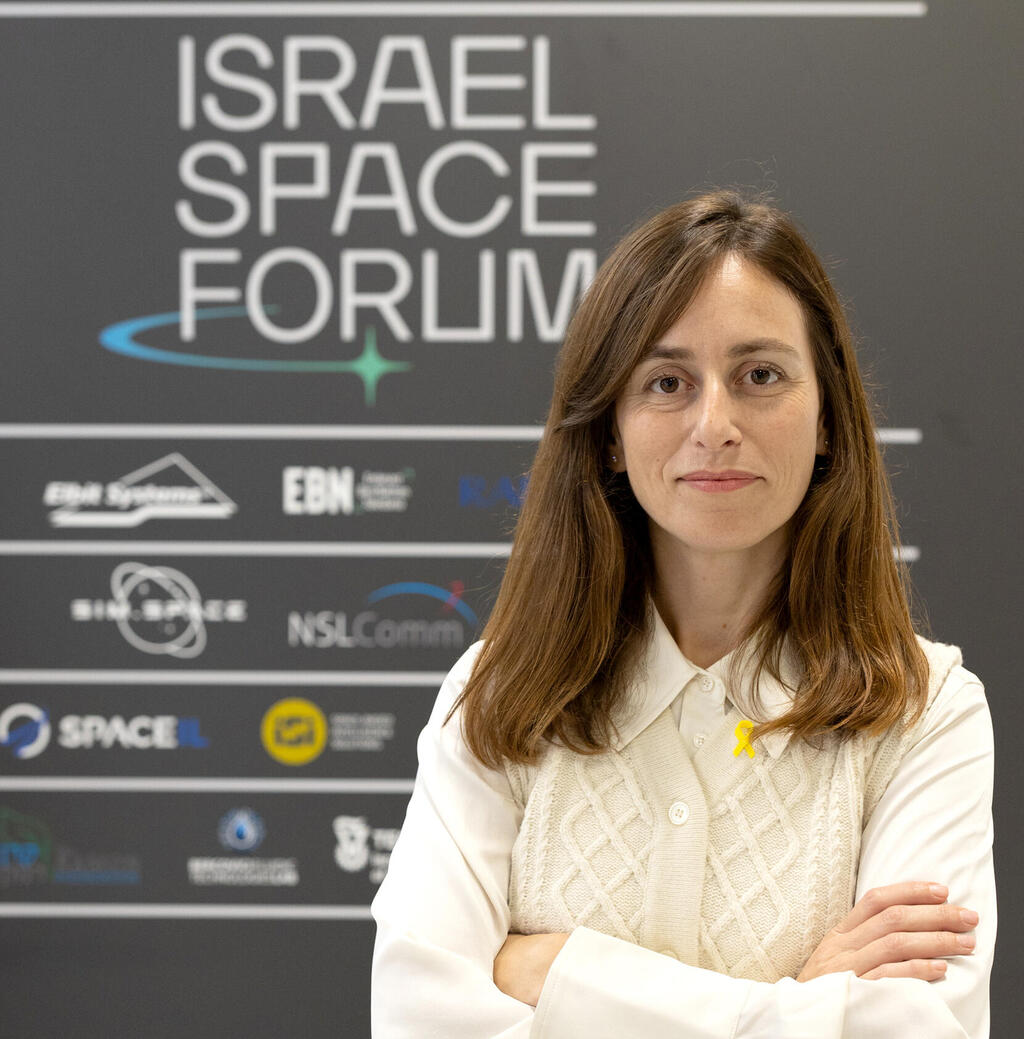
"Space is closer than ever - and the business opportunities are vast"
Hadar Vernik-Shalev, CEO of Rakia, a company whose goal is to promote the space sector in Israel, talks about the company's vision for Israel’s space industry, international collaborations through the Israel Space Forum, and the tremendous business potential for Israeli companies.
In 2022, Israel’s space industry marked a pivotal moment when Eytan Stibbe traveled to the International Space Station as a private astronaut, on a first-of-its-kind mission for Israel. The mission not only expanded Israel’s involvement in space but also made the space industry more accessible to the general public, with a focus on promoting science, education, and the arts. The mission opened doors for Israeli companies to integrate into the global space industry and generated increased interest in the field, creating new opportunities in a market that had previously been dominated solely by government agencies.
During Stibbe’s Rakia mission, approximately 35 experiments and technological demonstrations were conducted, leading to technological, scientific, and medical breakthroughs that could advance Israel’s space industry. The experiments saved resources and years of research for hundreds of researchers and engineers from dozens of Israeli companies, universities, and hospitals. After Stibbe’s return to Earth, Rakia transformed into a company aimed at promoting space exploration in Israel.
The company is led by CEO Hadar Vernik-Shalev (33), who joined from the Ramon Foundation, where the Rakia Mission project was born. Vernik-Shalev explains that Rakia’s current vision is to promote manned space missions and make the field of space accessible to the entire Israeli public. This, she says, involves creating an industrial, scientific, academic, and even cultural-artistic ecosystem in the space domain.
As part of its efforts to advance space exploration, Rakia, in collaboration with the Israel Space Agency and other entities like the Israel Export Institute and Israel Innovation Authority, established the Israeli Space Forum. "The forum is intended to promote collaborations between Israeli companies and players in the international space industry, helping to grow an advanced Israeli space sector," Vernik-Shalev explains. The forum was officially launched in February, offering a platform where companies, startups, and entrepreneurs can connect with investors, government agencies, academics, and representatives from the local and global space industry.
In recent years, the space sector has undergone a dramatic revolution with the entry of private companies which have transformed what was once the exclusive domain of governments and national space agencies into an open and global market. Companies like SpaceX, Blue Origin, and others have developed innovative technologies and significantly reduced the costs of space launches and operations, allowing broader access to space not only for governments but also for private companies, entrepreneurs, and scientists. The collaboration between the private sector and government agencies, such as NASA and other space agencies, has laid the foundation for ambitious missions, including manned missions to the Moon and Mars.
This shift is also changing the game for smaller countries like Israel, which are successfully integrating into the global industry thanks to unique technological capabilities. In Israel, private space companies are growing alongside the public sector, contributing to the development of satellite technologies, scientific research, and components for manned space missions. This revolution opens new opportunities for more companies to enter the broader global space economy, engaging in everything from satellite launches to experiments on private space stations.
Vernik-Shalev sees this as an opportunity for Israeli companies to participate in missions to the Moon and Mars, either through the development of technological components or through scientific research in collaboration with global companies. "Space is closer than ever," she concludes, "and business opportunities are vast and varied. We’re here to make these opportunities accessible - not only for companies directly involved in space but for companies from diverse sectors that can integrate into the space industry and leverage the immense business potential of this field."














